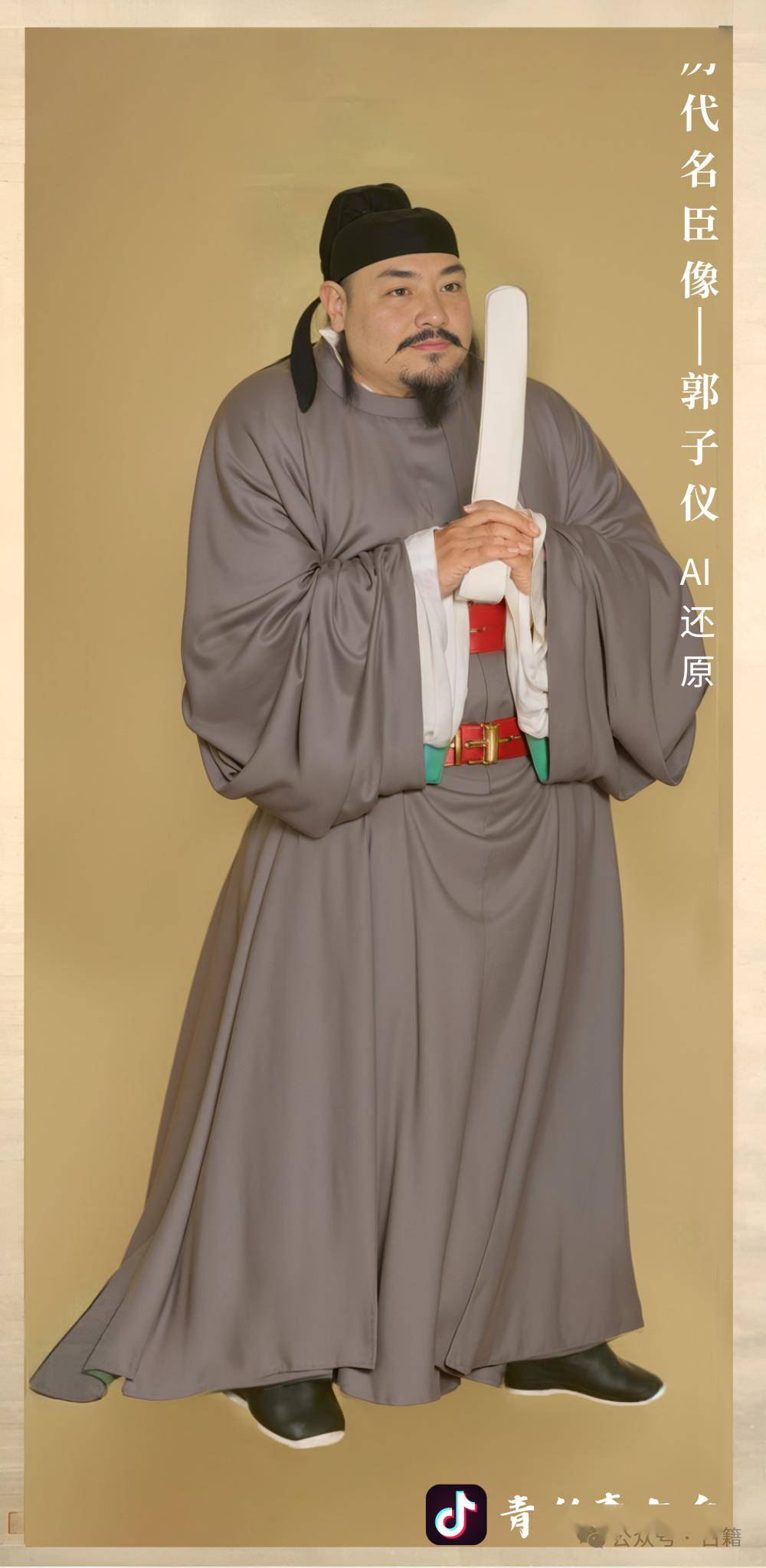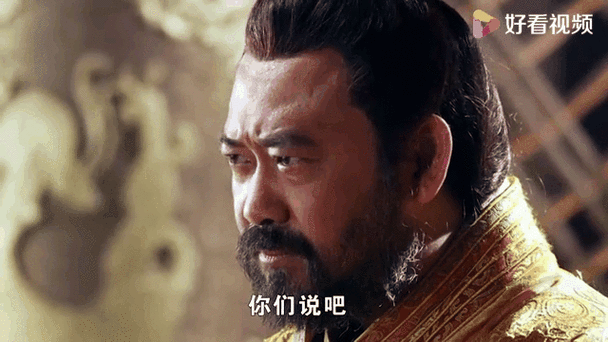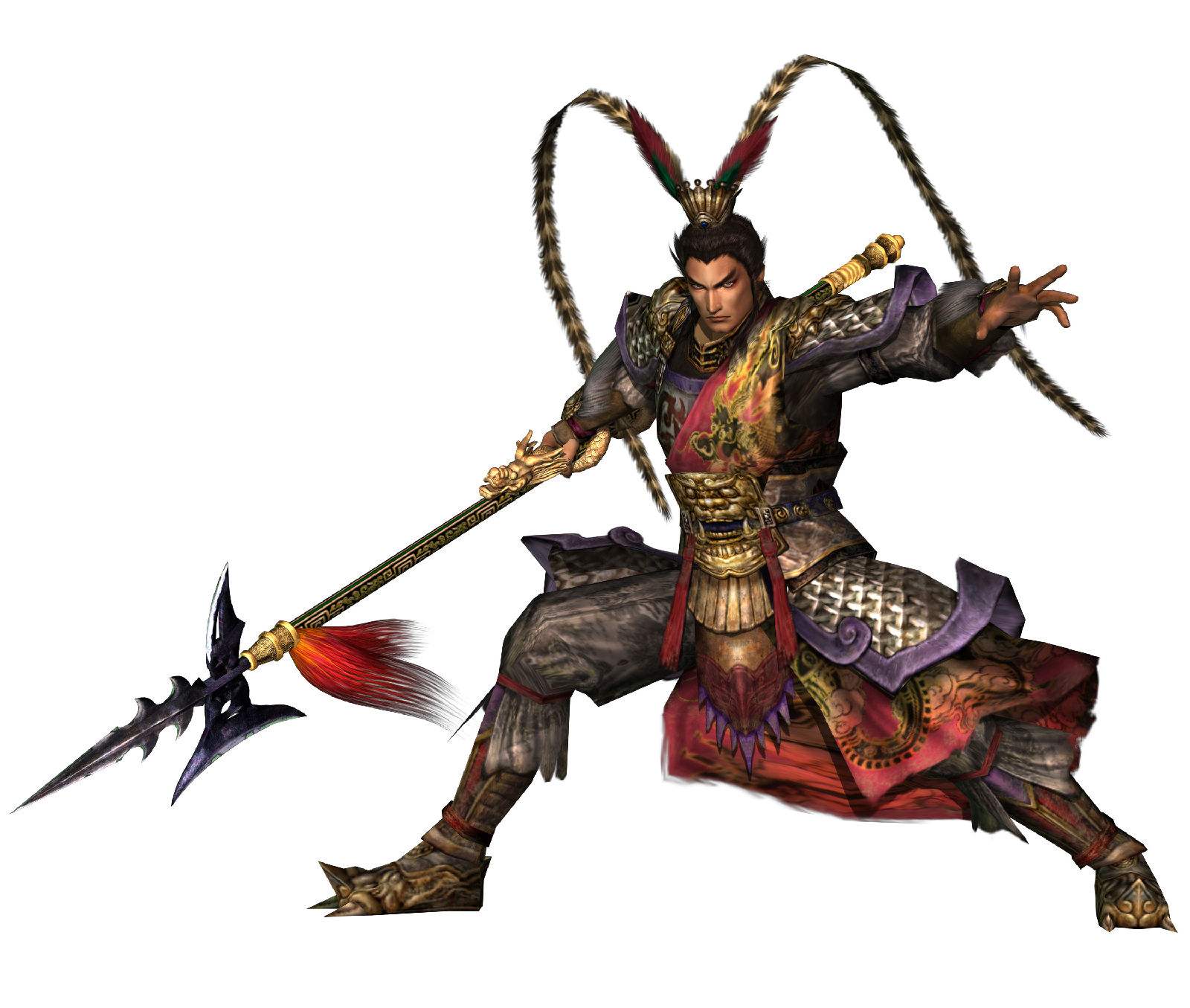Recently, many people have been interested in this Xu Maogong, and many have also asked, what kind of person was this Xu Maogong in real history? And how did Xu Maogong die? For those who are interested in this issue, we can analyze and uncover it together. Don’t miss it if you are interested. Let’s test and try it out for speed online.
On the third day of the twelfth lunar month in the second year of the Zongzhang reign (669 AD), Xu Maogong passed away at the age of 76. Emperor Gaozong of Tang stopped his court for seven days and posthumously honored Xu Maogong as the Grand Commandant and Governor of Yangzhou, with the posthumous title of Zhenwu. He was buried with him in Zhaoling.
About fifteen years later, his grandson Xu Jingye opposed Empress Wu Zetian’s claim to the throne and launched a rebellion. However, the rebellion failed and he was executed by his clan. Xu Maogong’s body was also exhumed and slaughtered. It was not until the restoration of political power by Emperor Zhongzong of Tang Dynasty that the emperor was exonerated and the tomb was changed from a ceremonial one.
On the surface, Xu Maogong died of an emergency, which I believe was due to exhaustion and a sudden heart attack. In the Tang Dynasty, at an average age of 50, Xu Maogong was 75 years old. Li Shimin’s son, Emperor Gaozong of Tang, Li Zhi, even sent him to war. Isn’t this a life-threatening situation? The reason behind this is that Emperor Taizong of Tang, Li Shimin, left talent for his son Li Zhi.
Xu Maogong was a veteran of the Three Dynasties, perhaps formed a deep brotherhood with each other during the war of blood and fire, even surpassing the friendship between rulers and ministers. Once, Xu Maogong suddenly fell seriously ill, and the imperial physician prescribed a medicine that burned his beard to ashes. Upon learning of this, Li Shimin immediately cut off his beautiful beard and handed it over to the imperial physician.
After taking the medicine, Xu Maogong quickly recovered and immediately went to the palace to thank Li Shimin. Xu Maogong knelt down and kowtowed continuously until blood flowed from his forehead. My body and skin are influenced by my parents, let alone the emperor of the Tang Dynasty! How can we express heartfelt gratitude without bowing and bleeding. This is mutual respect between the monarch and his subjects, which makes both appear to have face.
Xu Maogong and Li Shimin knew and cherished each other, but before Li Shimin’s death, he demoted Xu Maogong, who had no faults, to the position of governor of Diezhou. Strangely enough, Xu Maogong packed his bags and happily went to his new job without any complaints.
In fact, Xu Maogong understood what Li Shimin was thinking. Li Zhi had no favor towards Xu Maogong. If Li Zhi succeeded to the throne and his ministers were strong and his ruler weak, Li Shimin was afraid that Xu Maogong would not be loyal to Li Zhi. If Li Zhi promoted Xu Maogong after he succeeded to the throne, the result would be different. Xu Maogong would be grateful to Li Zhi for his loyalty. Sure enough, after Li Zhi ascended to the throne, Xu Maogong was recalled to his original position as an official in Chang’an by Li Zhi. From then on, Xu Maogong faithfully assisted Li Zhi until he was exhausted.



